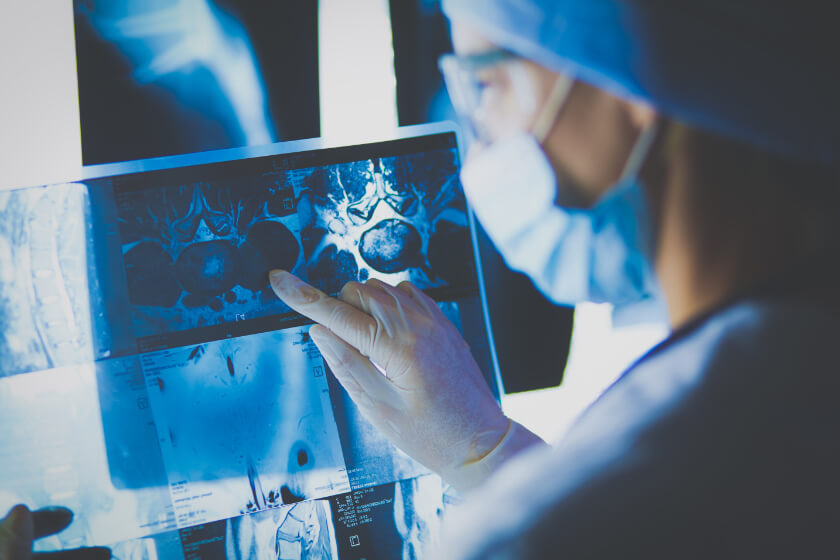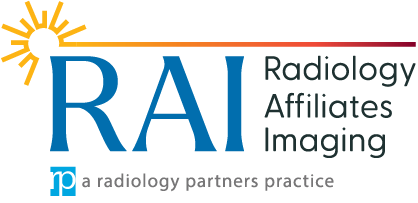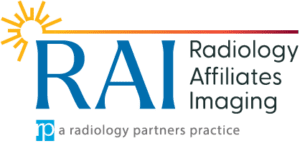

Cancer Deaths Increase Worldwide – Early Detection Can Save Your Life

Despite advances in medical technology to detect and treat cancer, a new study shows that the number of cancer deaths increased in 2019. The researchers found that the number of cancer cases also rose. Fortunately, you can protect yourself from cancer and reduce your risk for dying from the disease with screening.
Cancer is a devastating disease that causes major disability and is the second leading cause of death in the United States. In fact, the American Cancer Society estimates 1,918,030 new cancer cases and 609,360 cancer deaths will occur in the US in 2022. Approximately 350 will die each day from lung cancer, the leading cause of cancer death.
The statistics are similar in other countries. In 2010, doctors around the world diagnosed 18.7 million new cases of cancer. That year, 8.29 million people worldwide died from the disease. According to estimates by researchers from the Institute for Health Metrics and Evaluation (IHME) at the University of Washington School of Medicine, there were 23.6 million new cancer cases and 10 million deaths globally in 2019. This means the number of cases rose by 26.3 percent in just one decade, and the number of deaths jumped by 20.9 percent during those years.
Study Shows an Increase in Cancer Deaths Worldwide
In this newest study, the group of scientists evaluated trends in cancer around the world, including morbidity and mortality rates. Morbidity is the suffering from disease, whereas mortality rates are the number of deaths within a population.
The research team also looked at cancer burden, which is the impact of cancer as measured financially, disability-adjusted life years, and years of life lost. Disability-adjusted life years (DALYs) measures the number of years lost due to ill health, disability or early death. They measure years of life lost (YLLs) by comparing the average life expectancy and the age at which a person dies. The researchers found that cancer was second only to cardiovascular disease when it came to the number of deaths, disability-adjusted life years, and years of life lost globally in 2019.
In this study, the five leading causes of cancer-related years of life lost in 2019 were:
- Tracheal, bronchus, and lung cancer (also known as TBL cancers)
- Colon and rectum cancer (also known as colorectal cancer)
- Stomach cancer
- Breast cancer
- Liver cancer
TBL cancer was the leading cause of cancer deaths in 119 countries and territories for males; it was also the leading cause of cancer deaths in 27 countries and territories for females. Breast cancer was the number one cause of cancer-related deaths among females worldwide, including for 119 countries.
The researchers published their findings on December 30, 2021 in JAMA Oncology. The research results were included in the Global Burden of Diseases, Injuries, and Risk Factors Study 2019 (GBD 2019). Since the study only looked at statistics from 2019, the research did not look at the effects the pandemic had on morbidity, mortality, and prevention and control efforts.
Detect Cancer Early with a Screening
Fortunately, screening can help you detect cancer and give yourself a fighting chance. Screening tests detect cancer in its early stages, when it is most responsive to treatment.
Cancer screening saves lives. Mammography and improvements in treatment have prevented more than a half million cancer deaths between 1989 and 2018, according to a study by the American Cancer Society. Another study suggests that removing precancerous growths during colonoscopy for patients at higher than average risk for colorectal cancer can reduce the risk for colorectal cancer – and even reduce the number of deaths from colorectal cancer by one-half.
Screening tests may detect cancer better than routine tests, such as standard x-rays. Participants in still another study who received CT scan lung cancer screenings had a 15 to 20 percent lower risk of dying from lung cancer than did those who had a standard chest x-ray, for example.
Early detection and treatment save lives. Cancer is a disease characterized by the rapid growth of abnormal cells. These cells can prevent body tissues and organs from functioning correctly. In the early stages of cancer, the abnormal cells are localized, which means there are a few abnormal cells in one area of tissue or organ. Treating a small area of cancer cells is much easier than treating a large area.
As cancer progresses, though, it can spread to other organs and tissue located far from the original site. Treating cancer that has spread is much more difficult and often has a worse outcome.
For more information on preventing cancer, consult with your doctor. Your healthcare team can help you determine your risk for developing certain types of cancer, and schedule screening tests that detect cancer in its earliest stages.





